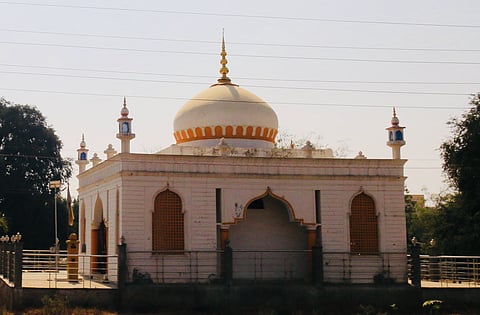India's Uttar Pradesh Province Bans Eid Prayers on Roads, Faces Backlash
Authorities in Uttar Pradesh, India, have decided to prohibit Eid al-Fitr prayers on public roads, sparking backlash from opposition parties, civil society, and even some allies of the ruling Bharatiya Janata Party (BJP). The directive from Meerut police comes with a stern warning of severe penalties, which could include the cancellation of passports and driver’s licenses for those who don’t comply.
The recent decision has sparked claims of religious discrimination, especially against Muslims as Eid approaches. Opposition figures, such as Samajwadi Party MP Iqra Hasan, have raised concerns about the emphasis on limiting short prayers. Meanwhile, BJP allies like Chirag Paswan and Union Minister Chaudhary Jayant Singh have condemned the ban, calling it as divisive and authoritarian. In Sambhal, similar restrictions that initially included rooftops were partially lifted following a strong public backlash.
Indian police used drones and CCTV cameras to help enforce the rules during Friday prayers, making sure gatherings were limited to mosques and designated prayer areas, known as Eidgahs. Officials mentioned that if mosques become overcrowded, they should guide worshippers to other locations once they hit 70 to 80% capacity.
There are people within India who believe these measures violate religious freedom. Opposition MP Ziaur Rehman Barq brought up some practical issues, saying, “If a person can’t pray at home, where else can they go?” Others, like Bijnor MP Chandra Shekhar Aazad, pushed back against the legal authority for these penalties, pointing out that police don’t have the right to revoke passports.

